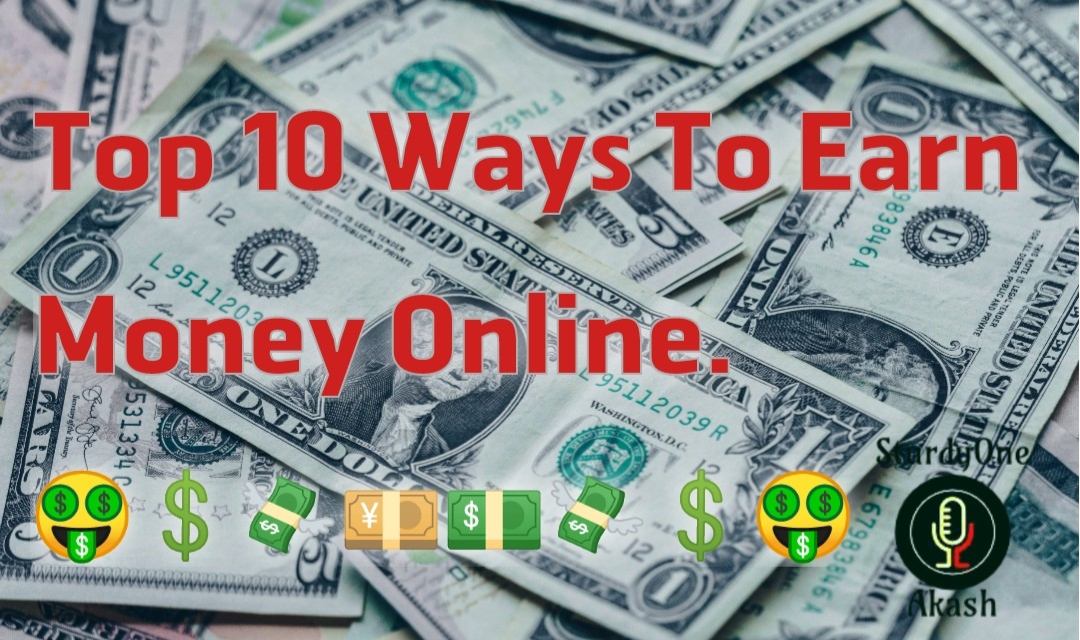Influencer marketing is a digital marketing strategy that involves collaborating with individuals who have a dedicated and engaged following on social media platforms or other online channels. These individuals, known as influencers, have the ability to sway the opinions and purchasing decisions of their audience. Influencer marketing leverages the influencer's credibility, authenticity, and reach to promote products, services, or brands to a specific target audience.
Here are the key elements and strategies associated with influencer marketing:
1. Identifying Influencers:
Start by identifying influencers who align
with your brand, target audience, and marketing goals. Look for influencers
with a substantial following, high engagement rates, and content that resonates
with your niche.
2. Choosing the Right Type of Influencer:
Influencers can be categorized by their reach
and niche. Micro-influencers have a smaller following but often have a highly
engaged and dedicated audience. Macro-influencers have a larger following and
wider reach. The choice depends on your specific objectives.
3. Setting Clear Goals:
Define specific goals for your influencer
marketing campaign, whether it's to increase brand awareness, generate leads,
drive website traffic, or boost sales.
4. Content Collaboration:
Collaborate with influencers to create content
that aligns with your brand and resonates with their audience. This can include
sponsored posts, product reviews, unboxings, giveaways, and more.
5. Disclosure and Transparency:
Ensure that influencer partnerships are
transparent and comply with relevant advertising regulations. Influencers
should clearly disclose when content is sponsored or paid.
6. Negotiating Terms and Compensation:
Negotiate the terms of the partnership,
including compensation, content deliverables, posting schedules, and any
exclusivity agreements.
7. Content Guidelines:
Provide clear guidelines and expectations for
the content. These guidelines should maintain a balance between staying
authentic to the influencer's style and aligning with your brand's messaging.
8. Amplification and Promotion:
Amplify the influencer's content by sharing it
on your brand's social media channels and website. Additionally, consider using
paid advertising to reach a broader audience.
9. Monitoring and Measurement:
Track the performance of influencer campaigns
using metrics like engagement rates, reach, website traffic, and conversions.
Monitoring helps assess the effectiveness of the partnership.
10. Long-Term Relationships:
Building long-term relationships with
influencers can be beneficial. Consistent collaborations with the same
influencer can help create a stronger connection with their audience.
11. Leveraging User-Generated Content:
Encourage influencers to create user-generated
content that showcases your product or service being used by their audience.
This content can be valuable for your brand's marketing efforts.
12. Listening to Feedback:
Pay attention to feedback from both the
influencer and their audience. Use this feedback to refine your influencer
marketing strategy and enhance the user experience.
Influencer marketing is a powerful way to
connect with potential customers in an authentic and relatable manner. When
executed effectively, it can enhance brand visibility, drive engagement, and
deliver measurable results. However, it's essential to carefully select
influencers, establish clear expectations, and ensure that the collaboration
aligns with your brand's values and objectives.
Read More:-
Top 10 Digital Marketing Strategies for Small Businesses











No comments:
Post a Comment